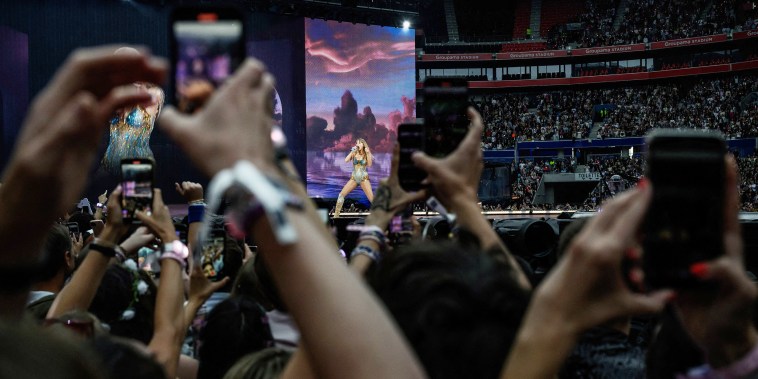As the economy begins to bounce back from the impact of the COVID-19 pandemic, an interesting trend has started to emerge, dubbed ‘funflation’. This refers to an increase in spending by consumers, specifically on travel and entertainment. The motivation behind the surge comes as a combination of increased confidence in health and safety as well as the feelings of cooped-up frustration after long months of being stuck at home due to lockdowns and travel restrictions.
One of the major triggers of this phenomenon is individuals’ and families’ altered perspective towards spending habits. Months of confinement and restrictions on activities that once seemed mundane and everyday have led to a psychological reaction, causing a newfound appreciation for experiences over material goods. As vaccinations roll out and restrictions lift, people have grown eager to reclaim those experiences that lost their accessibility over the course of the pandemic.
The travel industry has a leading role in the funflation effect. After a year of stagnant activity, Americans are filling airplane seats and hotel rooms at rates that increasingly match pre-pandemic numbers. The pent-up demand for travel is evident in the steady rise of bookings for both international and domestic destinations. People are valuing the chance to explore, unwind, create memories and, simply put, escape the confines of their homes.
However, it’s not just about plane tickets and resort bookings when we talk about travel expenditures. Dining out, trying local foods, booking local tours, visiting attractions, and even shopping at local markets, are all contributing factors in the travel spending surge. These activities, once taken for granted, are now seen as memorable experiences to spend hard-earned money on.
Similarly, the entertainment industry is enjoying its share of the funflation effect. The long period of stay-at-home orders and closed venues meant many people missed out on concerts, movies, sporting events, theater plays, museums, and more. Now that these restrictions are easing, consumers are enthusiastically investing money in live events and experiences again.
The clues to funflation can be seen clearly in consumers’ shifting spending patterns. Movie ticket, music festival, and theater sales are all seeing a sharp increase. The sentiment driving this behavior is simple – conscious choice for splurging on experiences that create lasting memories over physical possessive objects that may not hold as much subjective worth to the individual in the current climate.
Although these spending habits seem to correlate with an increase in levels of disposable income, it’s essential to note that the funflation effect doesn’t necessarily equate to financial imprudence. In fact, these decisions are somewhat intentional. The pandemic has shown many how momentarily fleeting and volatile life and its experiences can be. Hence, the value of ‘experiences’ has been brought to the forefront.
As an immediate response to the unprecedented year we all had, it seems Americans’ quest for memorable experiences over physical possessions is pushing them to spend more on travel and entertainment than before.
This doesn’t necessarily denote reckless spending but a fundamental shift in priorities and a rediscovery of the joy in being an active participant in life’s varied and novel experiences. Despite the higher prices that have accompanied this funflation effect, people find the value in these experiences by the happiness they provide, proving that, to an extent, fun and joy are indeed inflatable. As such, the ‘funflation’ effect can be deemed as a shift in perception rather than a lapse in financial discretion.




